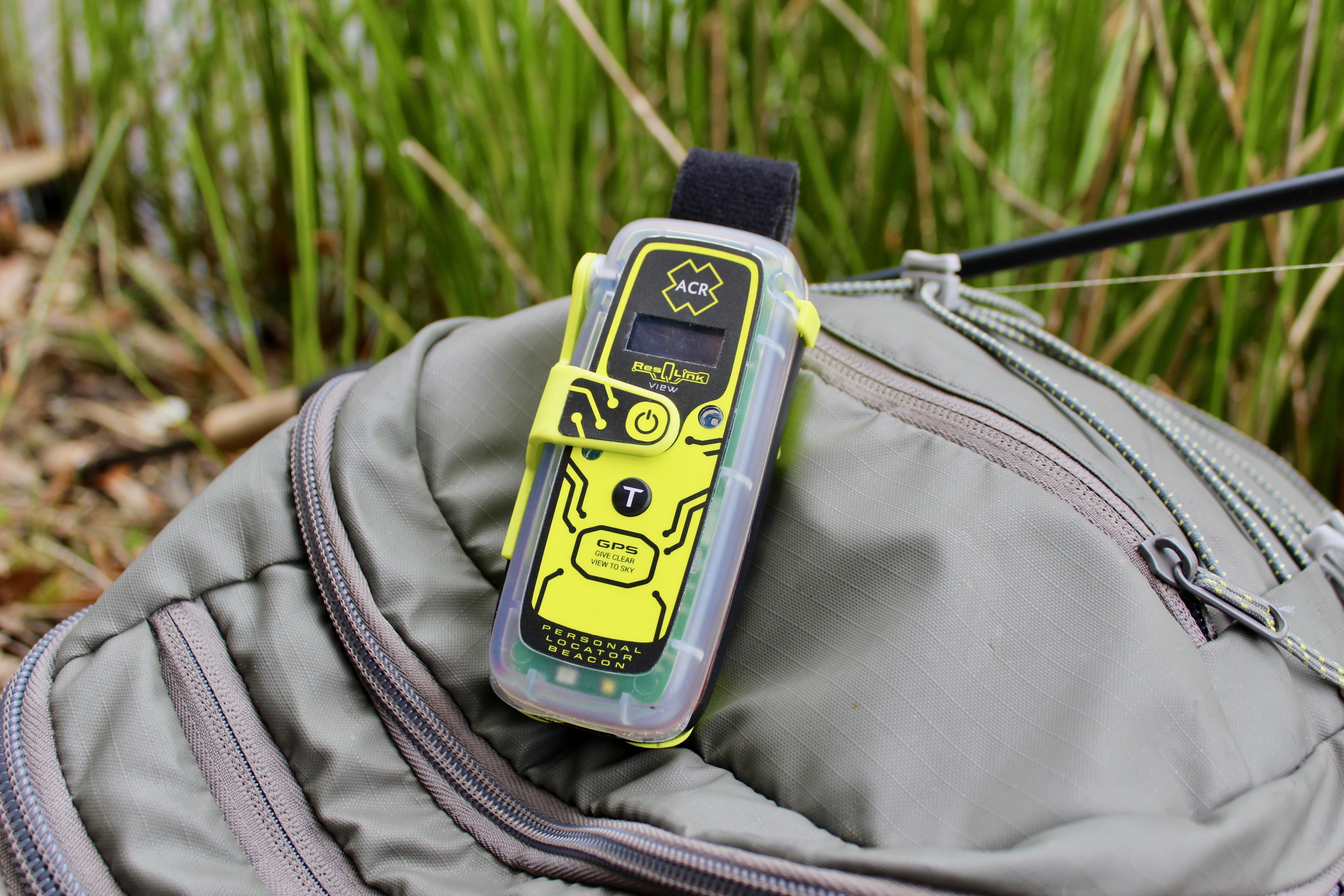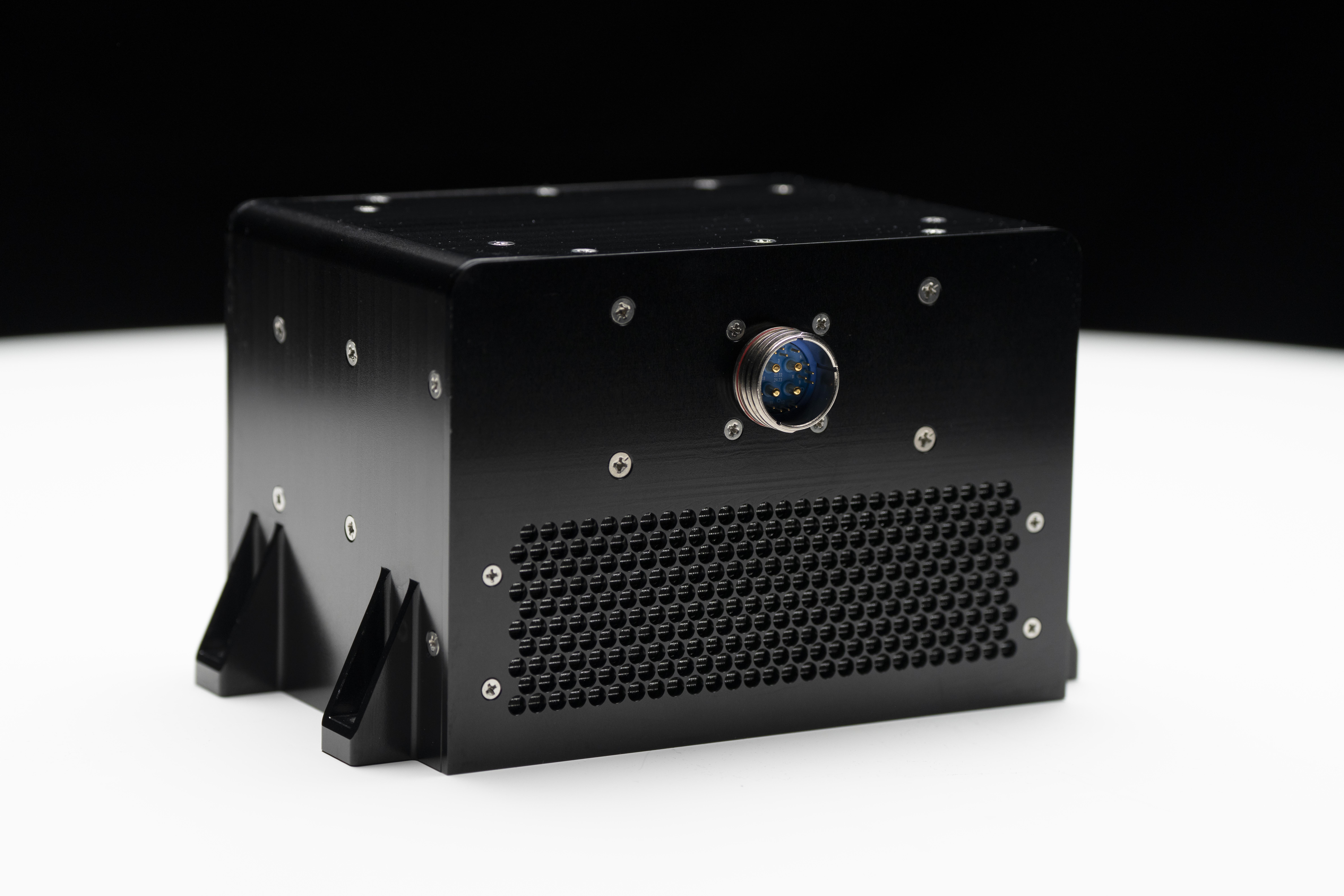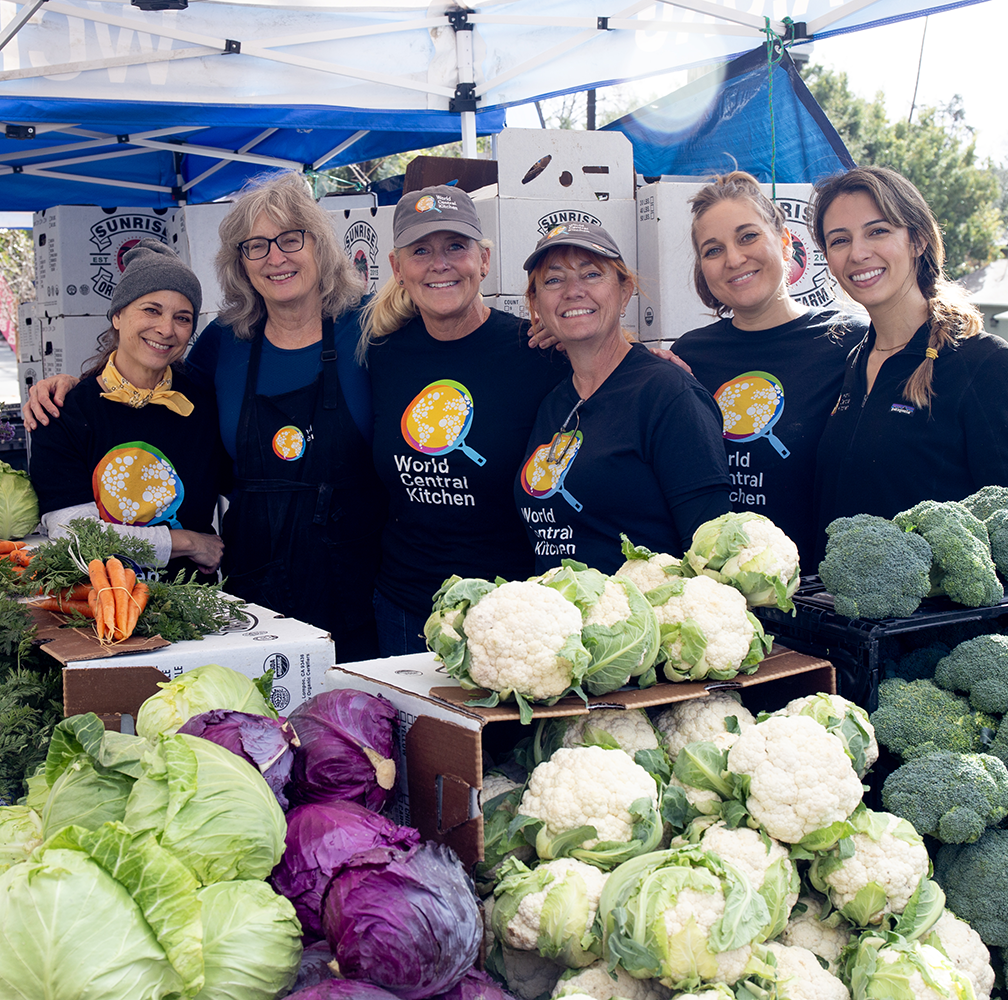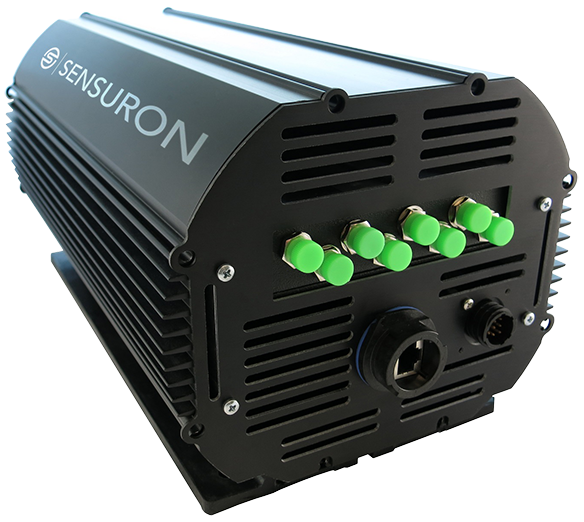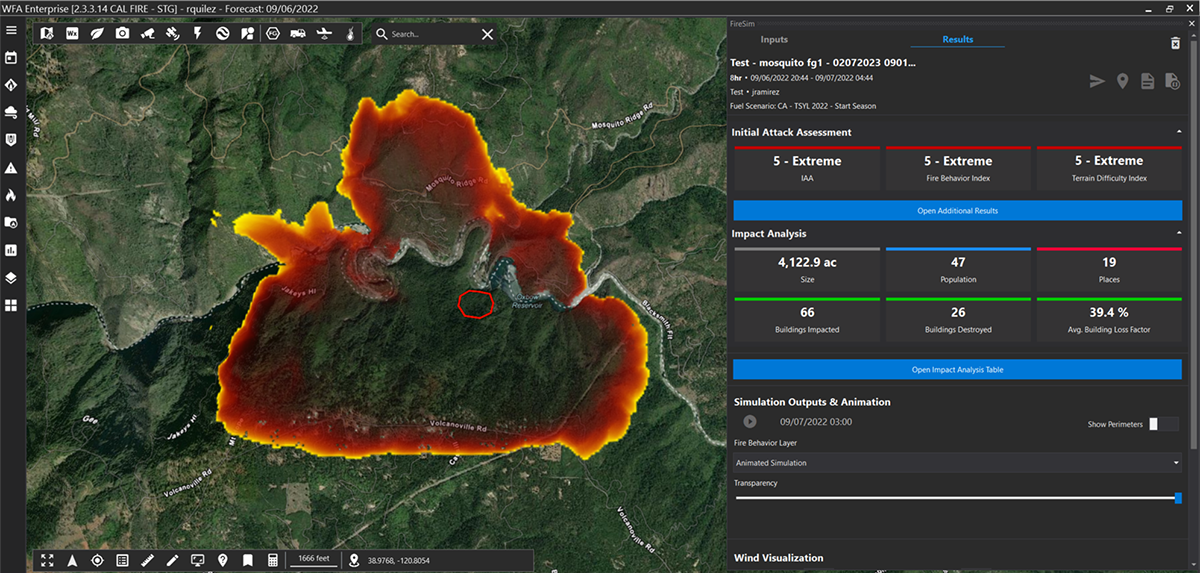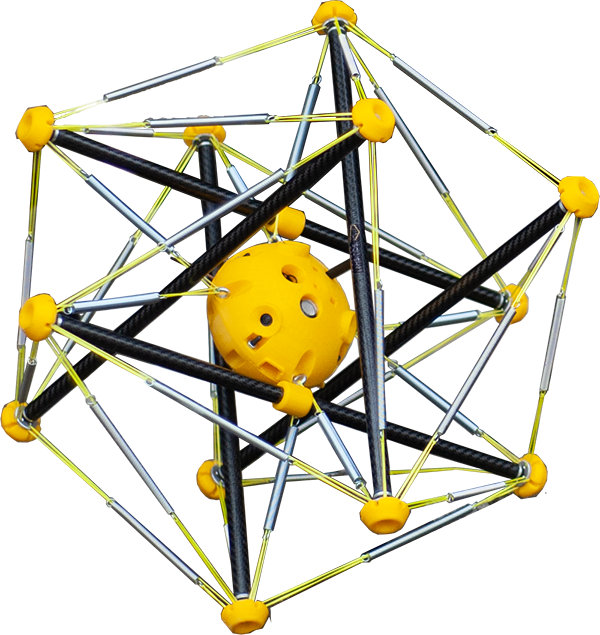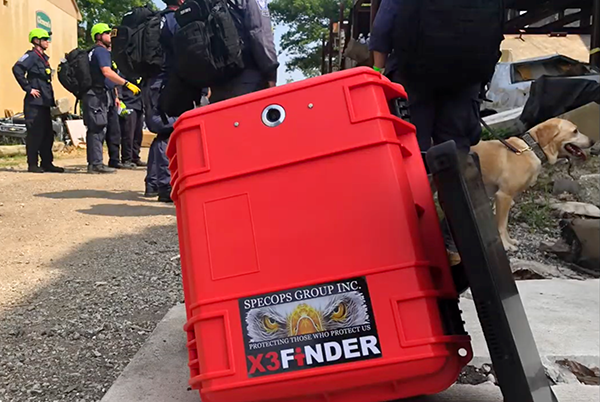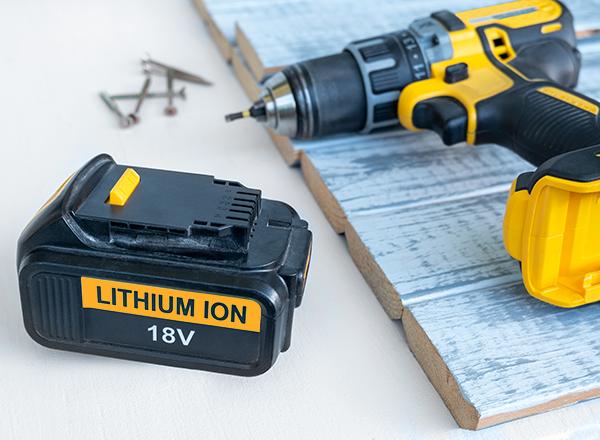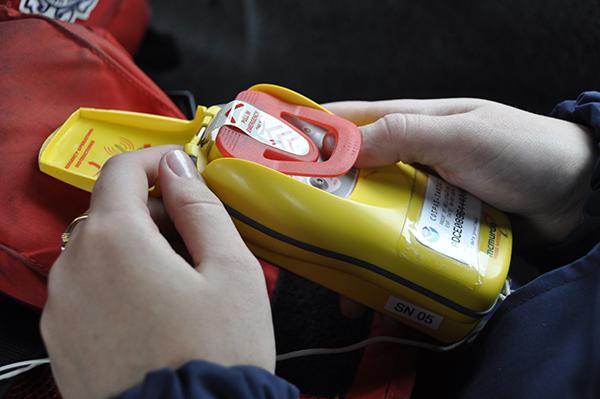Images Revealing More Than a Thousand Words
A unique sensor developed by ProVision Technologies, a NASA Commercial Space Center housed by the Institute for Technology Development, produces hyperspectral images with cutting-edge applications in food safety, skin health, forensics, and anti-terrorism activities. While hyperspectral imaging technology continues to make advances with ProVision Technologies, it has also been transferred to the commercial sector through a spinoff company, Photon Industries, Inc.
Funded by Marshall Space Flight Center's Space Product Development division, ProVision Technologies originally created its hyperspectral sensor to support human exploration and developments in space. By separating the visible and near-infrared portions of the electromagnetic spectrum, the sensor captures reflected energy from the object it is imaging and splits this energy into more than 1,000 spectral components, or images. The contiguous images can then be analyzed individually or as a set to identify attributes about the object that could not be easily seen otherwise.
For example, these images contain information that may be used to identify a wide range of terrorist weapons, such as toxins and altered passports. ProVision Technologies conducted a pilot study using the sensor to image authentic and forged documents. The technology, which is nondestructive to the papers being analyzed, enabled experts to successfully identify the difference between the inks used for the originals versus the fakes. This advance can help authorities detect counterfeit money, fake passports, and other altered documents being used by terrorists and illegal aliens entering the country.
The technology may also contribute to food safety. Certain molds that grow on grain and corn can create toxins, contaminating food supplies and threatening public health. In order to protect the food supply, new and more rapid methods for detecting these molds are necessary. A ProVision Technologies sensor test captured images of several molds grown by the U.S. Department of Agriculture. Initial results showed that hyperspectral imaging successfully identified molds grown on corn and agar, a gelling agent in food.
After obtaining a patent on its low-cost, portable, lightweight sensor, ProVision Technologies created Photon Industries, located at Stennis Space Center in Mississippi, to commercialize the technology. Photon Industries' relationship to ProVision Technologies gives it access to the hyperspectral technology that is the basis for its product line and services. The company's focus is on developing high-quality, low-cost turnkey hyperspectral imaging systems.
The VNIR 100 is Photon Industries' first product in a series of sensors that will span the spectrum from ultraviolet to thermal infrared to create hyperspectral images. The HyperVisual Image Analyzer,® a graphical user interface-based software package that preprocesses the data collected by the sensor, is included in the system, enabling the end-user to communicate with and control the VNIR 100. This software provides user-friendly tools, including a live preview, an escape function during scanning, geometry control, camera controls, and an image display.
Photon Industries' mission to evolve into being the tool maker of choice for a growing photonics market is aided by the company's consulting and training services. Recognizing that hyperspectral imaging can present challenges for both new and experienced users, the company provides assistance in addressing image acquisition and processing needs. These services aid customers in developing specific applications for hyperspectral imaging.
HyperVisual Image Analyzer® is a registered trademark of ProVision Technologies.
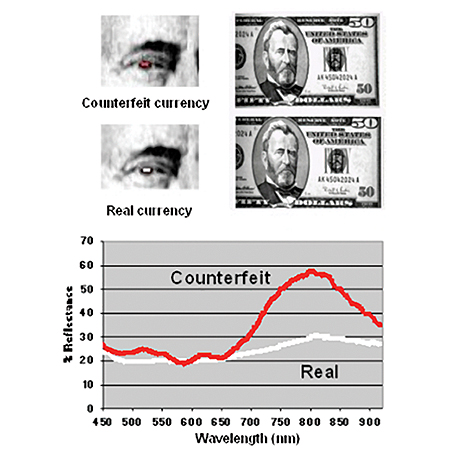
The image shows two 50 dollar bills, one real and one counterfeit. The graph shows the spectral signatures measured from the pupil of President Ulysses S. Grant from both bills.




